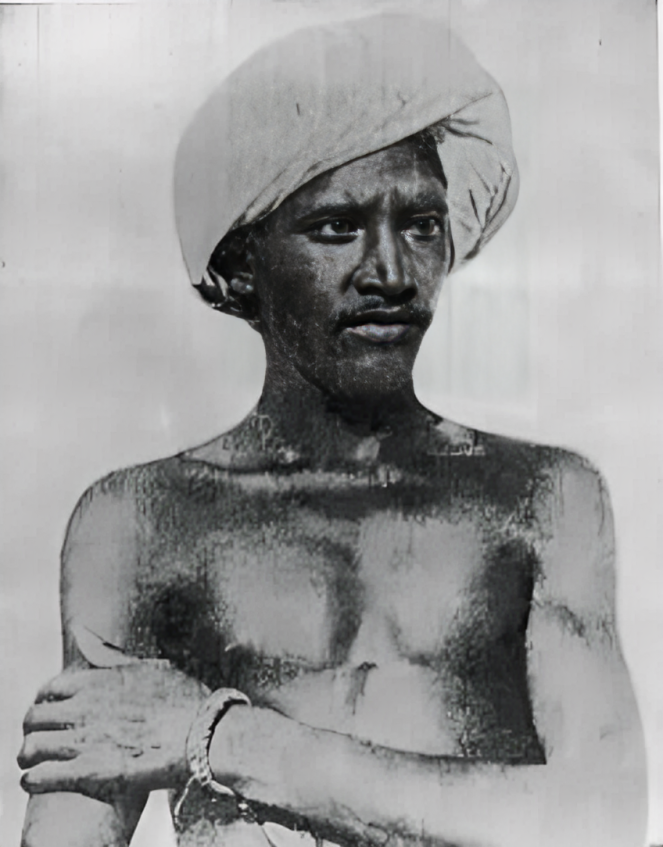Birsa Munda : Despite having a brief life, Birsa Munda is credited with inspiring the tribal people to rebel against the British and pressuring colonial authorities to enact legislation safeguarding the tribespeople’s land rights.
Introduction
Birsa Munda, a luminary in the tapestry of Indian history, stands as a symbol of indomitable courage and steadfast resistance against British oppression. Though his life was tragically short, lasting only 25 years, his impact on the tribal communities and the struggle for independence reverberates through the annals of time. This article delves deep into the extraordinary life of Birsa Munda, chronicling his early years, ideological evolution, and his pivotal role in mobilizing tribal communities against the British colonial rulers.
ALSO READ : Subhas Chandra Bose : A Visionary Leader In India’s Independence Movement
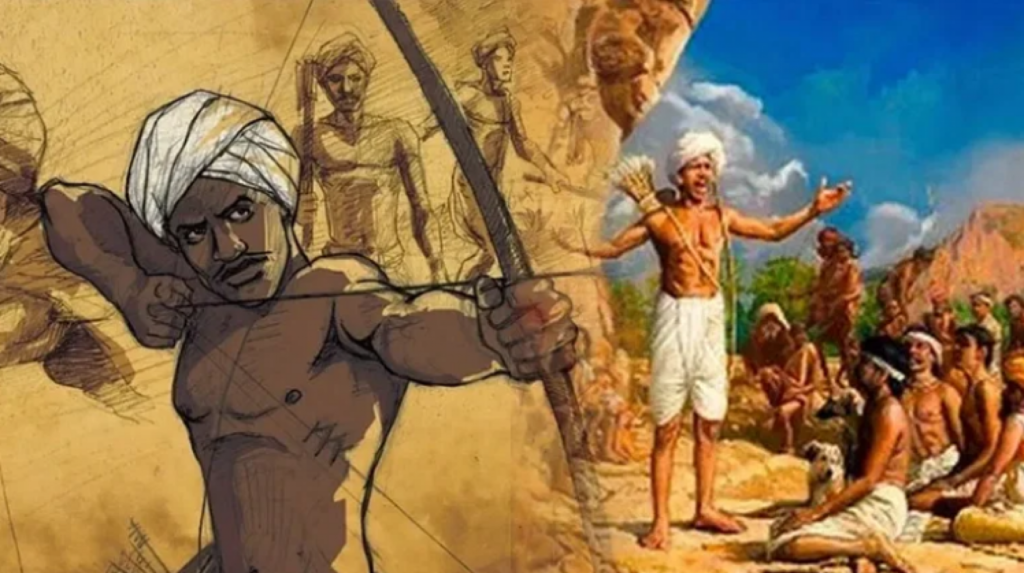
Early life and roots
Born on November 15, 1875, in the heart of the Chhotanagpur Plateau, Birsa belonged to the Munda tribe. His formative years were marked by a nomadic existence, moving from one village to another with his parents. The tribal belt around Bihar and Jharkhand provided the backdrop for his upbringing, shaping the contours of his identity and setting the stage for his future activism.
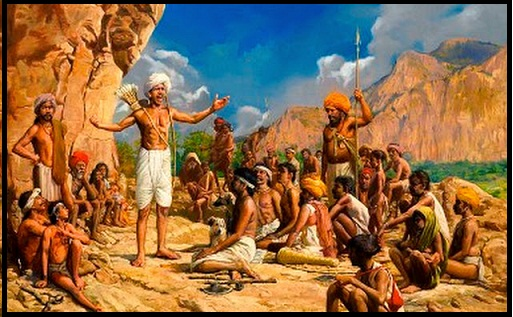
Educational journey and conversion
Birsa’s educational journey began at Salga, under the tutelage of his mentor Jaipal Nag. It was under Nag’s guidance that Birsa’s early years unfolded. In a significant turn of events, he embraced Christianity to join the German Mission school, abandoning it later. This conversion, however, left an indelible mark on Birsa’s religious outlook, influencing his later stance towards British colonialism and missionary activities.
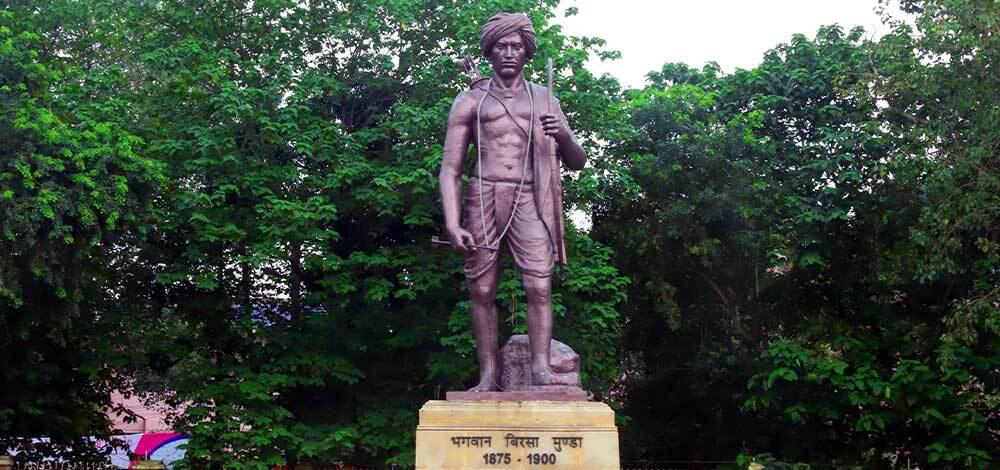
Emergence of ‘Birsait’ faith
The awareness gained during his schooling about British colonial rule and missionary endeavors fueled Birsa’s initiation of the ‘Birsait’ faith. This movement emerged as a formidable challenge to the missionary efforts aimed at converting tribal communities to Christianity. The period from 1886 to 1890 saw Birsa deeply entrenched in Chaibasa, a hotbed of Sardars agitation. Influenced by the anti-missionary and anti-government sentiments prevailing in Chaibasa, Birsa became a key figure in the burgeoning movement against British oppression on tribal communities.
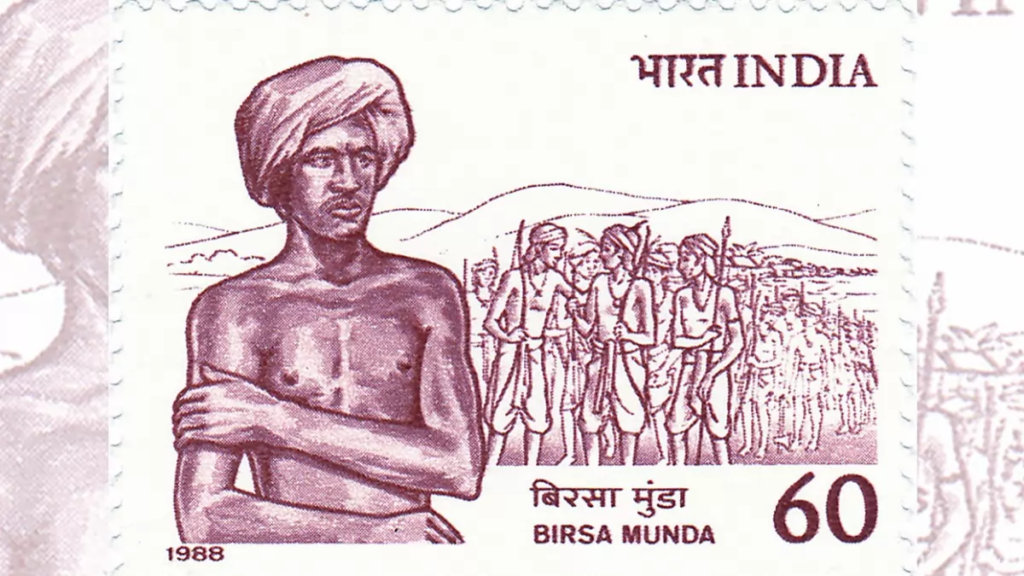
Birsa’s anti-British activism
Birsa Munda’s activism peaked during the late 19th century as he actively participated in the Sardars movement against British missionaries and colonial authorities. His time spent in Chaibasa, where the Sardars had a profound impact on his ideology, transformed him into a fervent advocate for the rights of tribal communities. By 1890, when he left Chaibasa, Birsa had become a formidable force, leading the charge against British oppression.
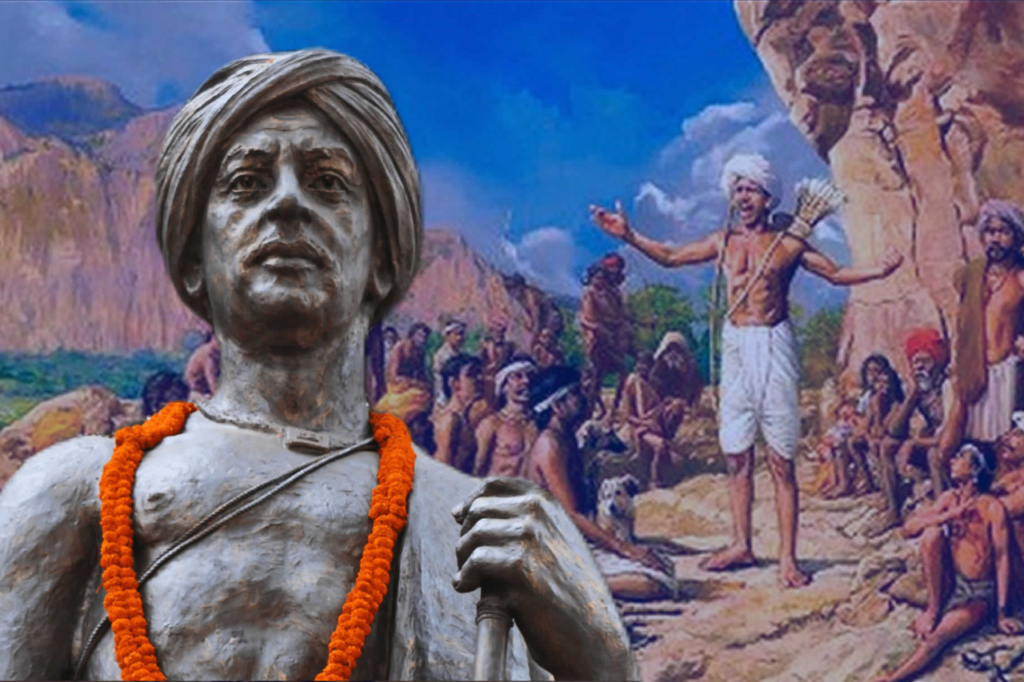
The arrest and tragic end
The climax of Birsa’s resistance came on March 3, 1900, when he was apprehended by the British police while resting with his tribal guerilla army at Jamkopai forest in Chakradharpur. Subsequently, he was incarcerated in Ranchi jail, where, on June 9, 1900, at the tender age of 25, Birsa Munda breathed his last. Despite the brevity of his life, his legacy endured.
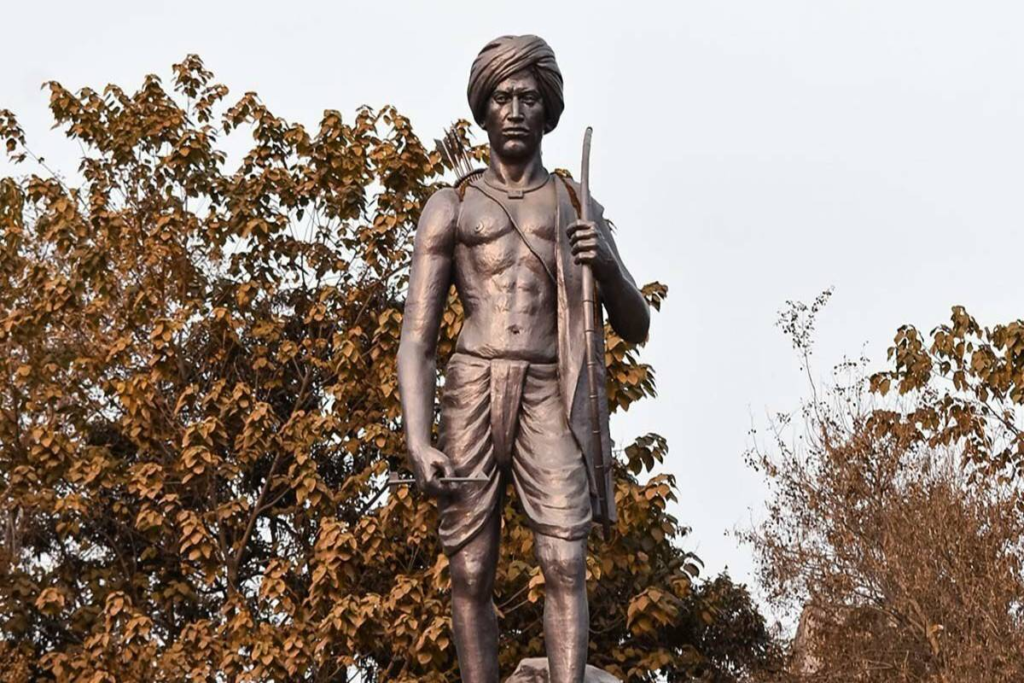
Birsa’s enduring impact
Birsa Munda’s legacy transcends the confines of his temporal existence. His contribution to the national movement was so profound that the state of Jharkhand was created in 2000 on his birth anniversary as a testament to his impact. Beyond the political realm, Birsa’s influence permeates popular and folk literature, academia, and mass media. His life story is a poignant reminder of the resilience and strength of tribal communities against colonial subjugation.
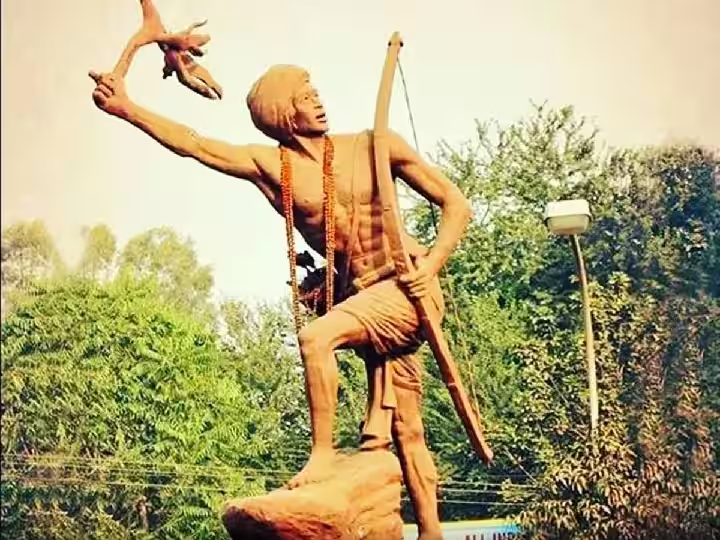
Celebrating Birsa Munda’s resilience
Decades after his demise, the memory of Birsa Munda lives on, celebrated as a symbol of tribal resistance and empowerment. His ability to mobilize communities against the British and compel colonial officials to enact laws safeguarding tribal land rights is etched in the annals of India’s struggle for freedom. As we commemorate Birsa Munda, let us not only acknowledge his historical significance but also draw inspiration from his unwavering commitment to justice and equality.
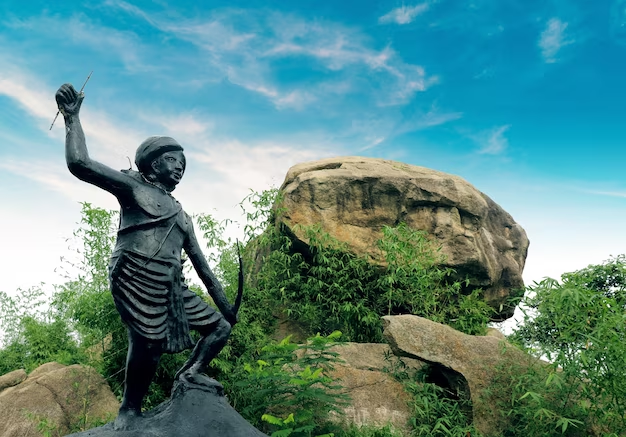
Conclusion
Birsa Munda’s life is a testament to the indomitable spirit of resistance against colonial oppression. Despite the brevity of his existence, his legacy endures as a symbol of courage, determination, and the fight for justice. The recognition of Jharkhand as a separate state on his birth anniversary reflects the lasting impact of Birsa Munda’s contributions to India’s struggle for freedom and the empowerment of tribal communities.
To explore more news : Click Here
ALSO READ : A Journey Into The Distinctive Differences Between Seals And Sea Lions







